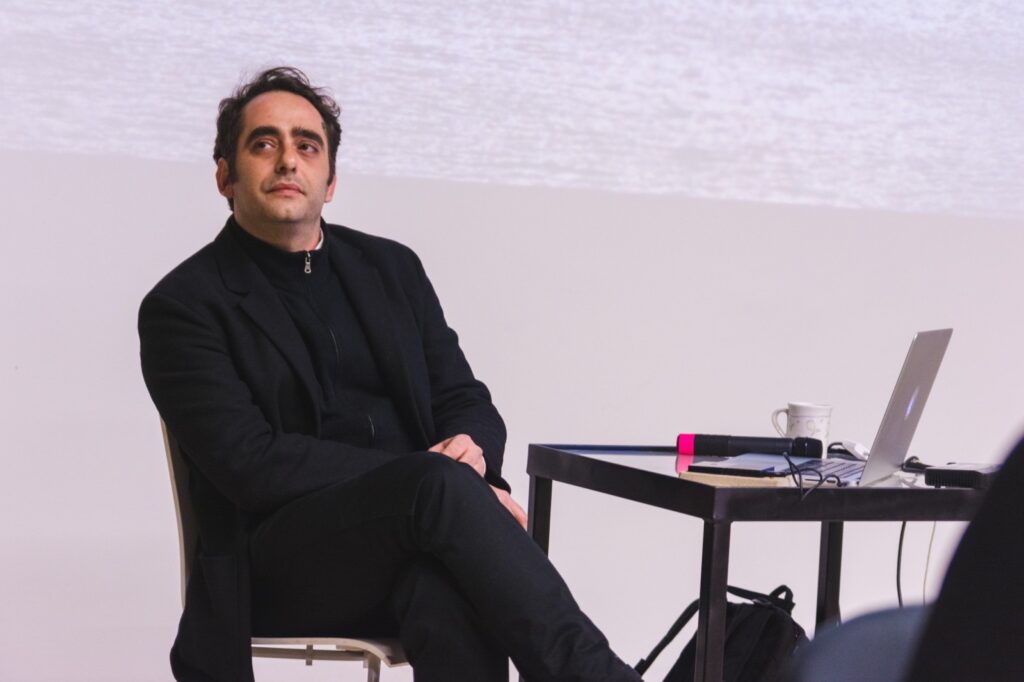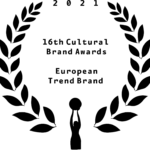On Tuesday 20 February, Greek artist Theo Prodromidis presented his unique approach to art through a diverse film opus in the Cinema Room of the Museum of Contemporary Art of Vojvodina. The attendees had a chance to hear the details on research that the artist conducts in Novi Sad. This research deals with informal education, mobility, citizenship and analysis of dynamics and synagonism of pairs and groups.
Regarding his stay in Novi Sad, as well as personal impressions on residential programmes such as this one, Theo Prodromidis says: ‘Residences are demanding in the sense of having a limited time to respond to many new experiences. Thus, the challenge is to abandon many preconceptions and habitual behaviours and attempt, while embracing the possibility of failure, to respond to a new place.’
Theo Prodromidis is an award-winning artist whose multimedia practice and works include film, installations, performance, contemporary operations in architecture, philosophical discourse, avant-garde and designing theatre techniques.
This artist turned to multimedia after recognising the need to give his contribution to culture. In that sense, he sees the capital of culture as a chance to meet expectations: ‘I think that the importance or the usefulness of such a declaration lies in how the city will mobilise, primarily, the active participation of its youth in the formation of new experiences and hopefully inspire them to explore the city by exploring their own collective potential.’

‘Plants AiR’ residential programme aims at increasing mobility of artists and workers in cultural and creative industries, and this time it was implemented within the RISK CHANGE project supported by ‘Creative Europe’ in cooperation with the Museum of Contemporary Art of Vojvodina.
Theo Prodromidis, who will spend two weeks in Novi Sad, is one of the participants in the project that explores social-political pressures caused by movement of population, change of residence, migrations, exiles, etc. using interdisciplinary and intercultural approaches.
The goal of the RISK CHANGE project is to produce concrete results: artistic residences, new/innovative models, conferences, symposiums, workshops, open laboratories, exhibitions, study trips, web platform, mobile application, new cultural networks, publications, etc.



